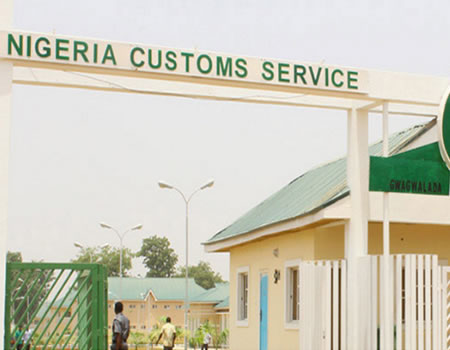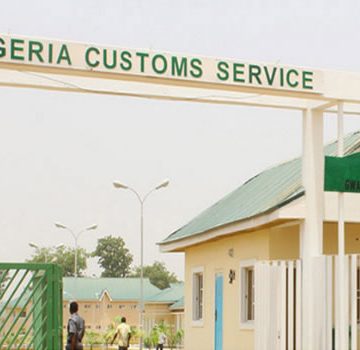Speaking at a one-day town hall meeting held in Lagos recently, Comptroller General of the Nigeria Customs Service, Col. Hammed Ali (rtd), stated that the advance cargo manifest would enable it activate the risk management profile of every shipper before ship’s arrival.
“In order to achieve greater service delivery at the ports, there is need to streamline the current import and export guidelines and procedures.
“To achieve greater service delivery at our ports, the department of home finance of the Federal Ministry of Finance revised Nigeria’s import and export guidelines streamlining the current procedures”, Ali said.
The new guidelines, according to the Customs boss, would focus on some of the issues causing inefficiency and delay at the ports.
Ali who was represented by the Customs Area Controller, Ports and Terminal Multiservices Limited (PTML), Comptroller Aremu Modupeola, explained that some of the new guidelines would impact directly on the operations of officers and men at the ports.
Harping on the actualisation of 24 hours ports operation, the Customs boss maintained that the service is positioned to implement the executive order, saying that the impediment to the attainment remains the integrity and compliance of the trading public in ensuring proper documentation and honest declaration.
The Customs chief noted that the service remains the lead agency in cargo examination at the ports, adding that under the new guidelines, cargo placement notice time for examination required by terminal operators would be reduced from the proposed 24 hours to a maximum 12 hours.
The ex-Army chief re-echoed that the revised guideline requires shipping lines to electronically transit advanced manifest of their consignments to the Customs and Nigerian Ports Authority (NPA) as soon as the vessel departs its last port of call, pointing out that such practices would promote risk management, profiling and cargo placement for examination.
“In line with World Bank recommendations, the Federal Ministry of Finance has directed that the import document be reduced from 14 to 8 and export from 10 to 7.
“The Nigeria Customs service now has the responsibility to coordinate the mandatory joint examination and sign off to ensure that the interface between the trading public and the several regulatory agencies are reduced to the barest minimum.
“The Nigeria Customs Service joined other Ministries, Department Agencies (MDAs) in making commitment towards the transformation of the business landscape in Nigeria as we focus on improving Nigeria ranking in which we stood at 182 Trade Across Border particularly in the reduction of import and export time by up to 50 per cent through strict adherence to international standards and practice”, Ali stated.
He added that the service has moved from manual long room procedures to automated ASYCUDA++ platform which supports the following electronic quintessential innovation and adaptation that have contributed tremendously to trade facilitation.







